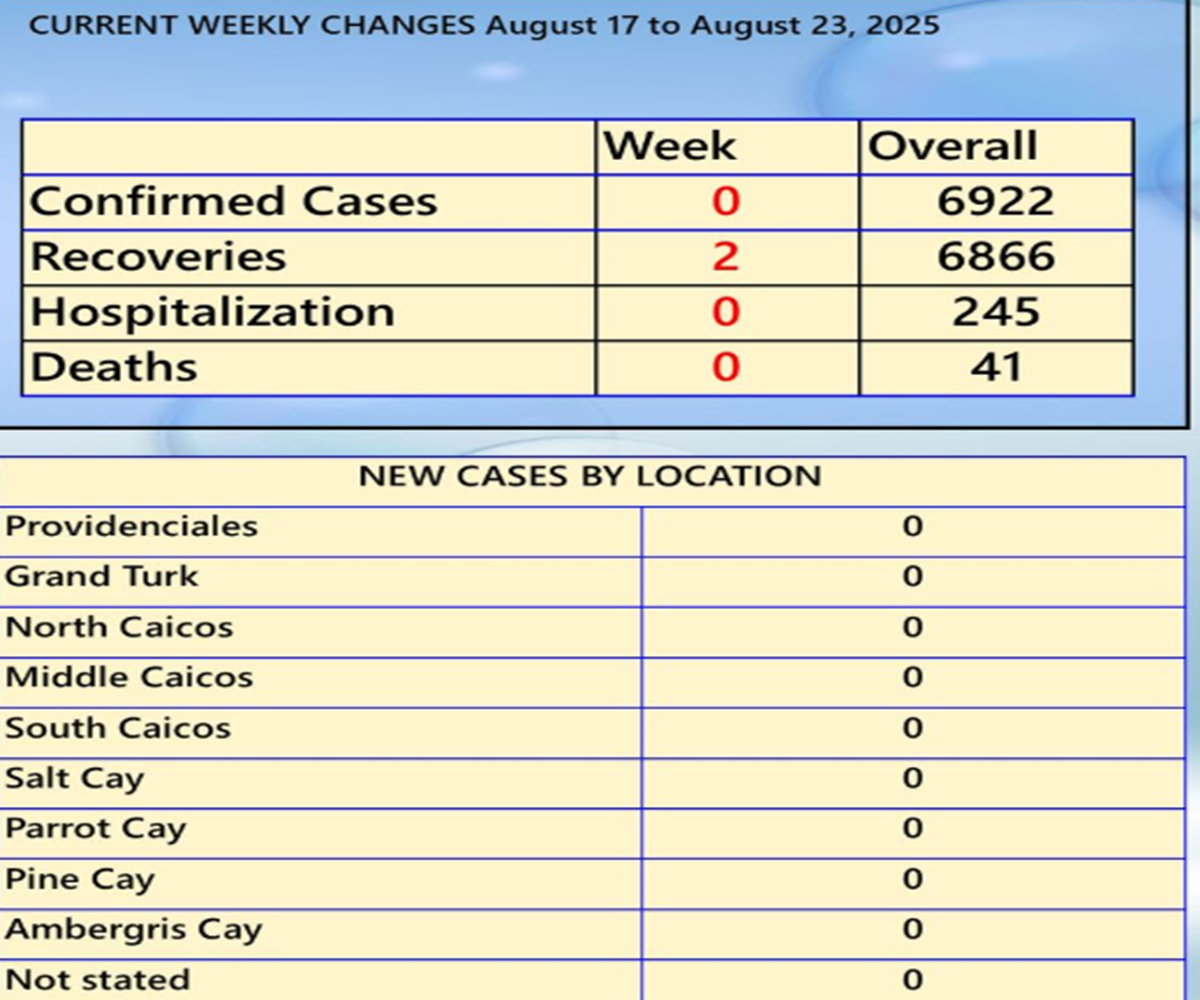#TurksandCaicos, November 13, 2021 – Patients can soon view their favorite TV shows and movies in high definition following the purchase of 27 smart televisions by a group of private companies for installation across every inpatient room at the Cheshire Hall and Cockburn Town Medical Centre as part of a project called ‘Just Like Home.’
A press conference was held at the health care facility on Monday, November 8th, 2021, to announce the donation and recognize the sponsors. The following companies donated the 43″ smart televisions: Fortis TCI, Graceway IGA, Royal West Indies Resort, Turks and Caicos Hotel and Tourism Association, Discovery Tours, Tuscany Resort, and The Source. FLOW TCI has committed to providing internet and cable services to support five televisions at each medical centre. Representatives of the various companies were in attendance along with the Minister of Health and Human Services, Honorable Jamell Robinson, and Keno Forbes, a longstanding member of the TCI Hospital Community Advisory Committee.
TCI Hospital Community Advisory Committee members, Mrs. Stacy Cox and Mrs. Rosemary Jolly, steered the plea for sponsors and praised the support received during the press conference. Clinical experts agree that a patient’s hospital room plays a role in the healing process and overall patient satisfaction ratings. Entertainment technology such as video-on-demand and internet-enabled units offer a welcomed distraction during a medically challenging time.
The average inpatient hospital stay is 4-5 days. However, patients with complex medical conditions, including COVID-19 disease, may remain in the hospital for up to 14 days or longer with limited or restricted visitation from friends and family as a safety precaution. The ‘Just Like Home’ project recognizes that patients seek out amenities that provide the comforts of their home while away from home, and additional enhancements are being explored.
friends and family as a safety precaution. The ‘Just Like Home’ project recognizes that patients seek out amenities that provide the comforts of their home while away from home, and additional enhancements are being explored.
The installation of the televisions will continue over several weeks as more inpatient rooms become vacant and accessible to IT technicians, based on the flow of patient admissions and discharges.
The hospital also recently introduced free WiFi for all building users and wall charging stations for devices in the emergency and outpatient department waiting reception areas.
Commenting on the tremendous support received from the private sector, Dr. Denise Braithwaite-Tennant, Chief Executive Officer at InterHealth Canada – TCI Hospital, stated: “While the donation may appear to be small to some persons, this is a significant development in the eyes of our patients, especially during the COVID-19 pandemic. Televisions can serve as an entertainment and educational tool to share health and other related information. Due to other large scale competing clinical priorities such as human capacity, infrastructure, technology and capital equipment projects, procuring these televisions was not possible at this time. Hence, I wish to extend our deepest gratitude to the private sector for this donation that impacts on the patient experience in a positive way.”
Commenting on the donation, Maureen Brown, Inpatient Services Manager at InterHealth Canada – TCI Hospital, stated: “I cannot express the joy and gratitude expressed by our staff members after learning about the donation. It feels like an early Christmas gift, and for our patients, this is a commemorative occasion. Where possible, nurses have spent a considerable amount of time keeping patients engaged and entertained during their inpatient stay. The installation of televisions will now serve as a form of emotional therapy.”
During the press conference, Honorable Jamell Robinson, Minister of Health and Human Services, stated: “I would like to thank all of the corporate sponsors who participated in this project. This is what good corporate citizenship looks like and this is what we need more of. We need this type of partnership in meaningful ways. Today’s donation is definitely meaningful. I understand the Community Advisory Committee was established in 2017… and I would like to encourage the team on the committee to continue to push for the betterment of the community. I am pleased to be a part of this special commissioning.”
Press Release: TCI Hospitals


 TCI News6 days ago
TCI News6 days ago
 Bahamas News4 days ago
Bahamas News4 days ago
 Caribbean News4 days ago
Caribbean News4 days ago
 TCI News2 days ago
TCI News2 days ago
 Caribbean News6 days ago
Caribbean News6 days ago












